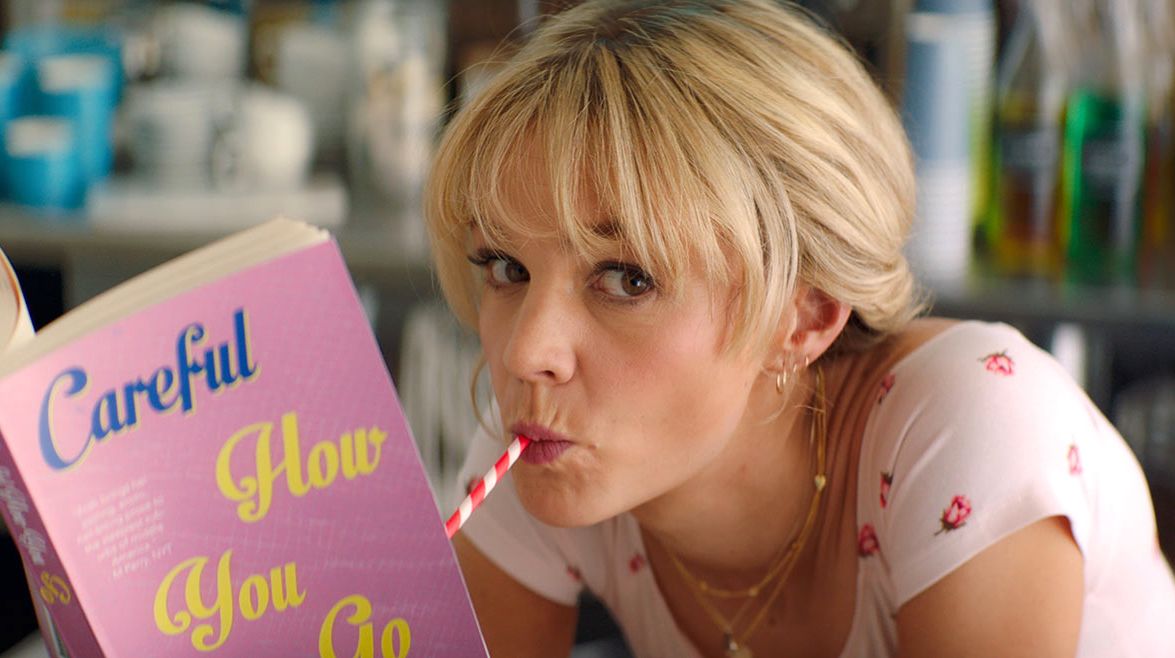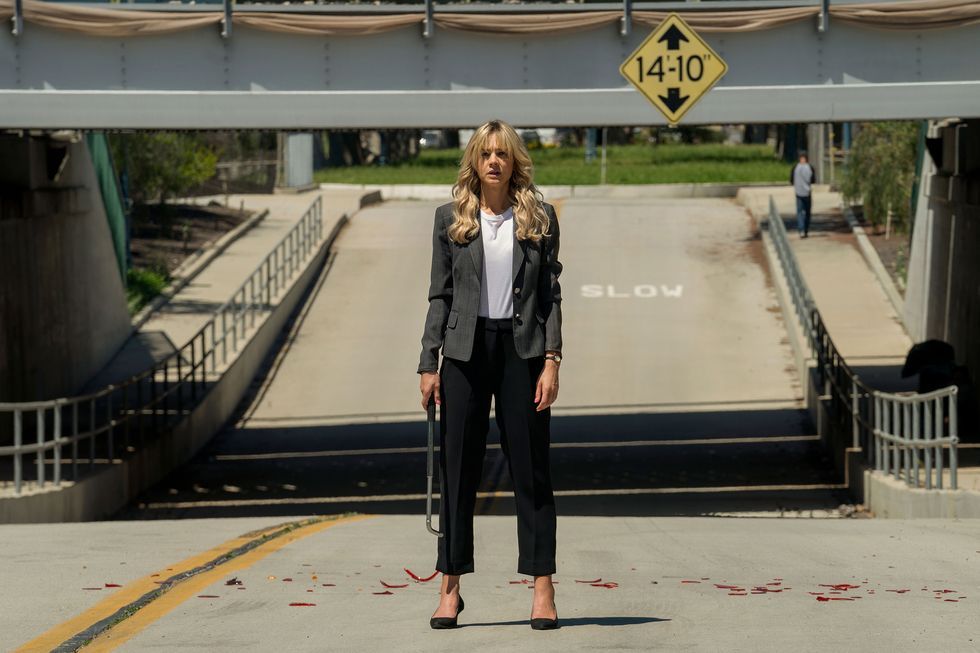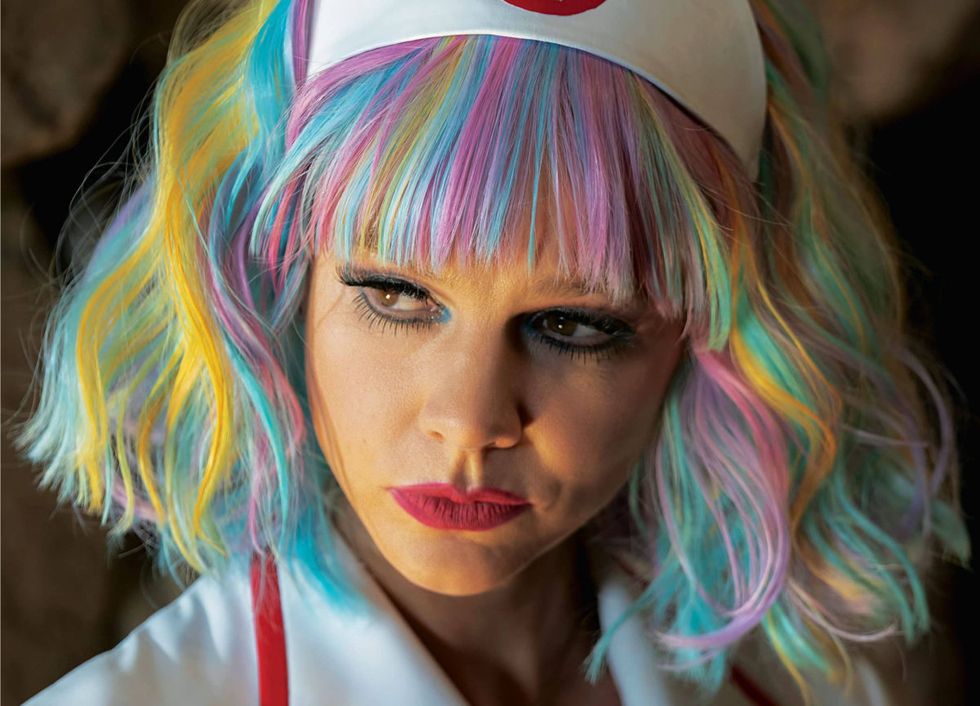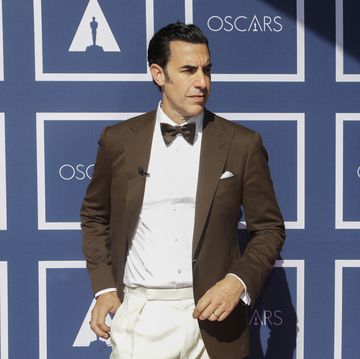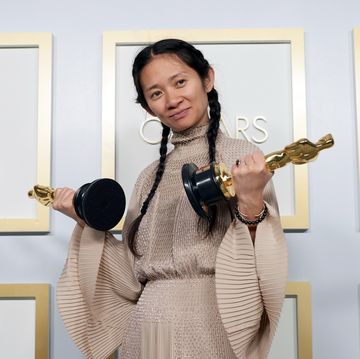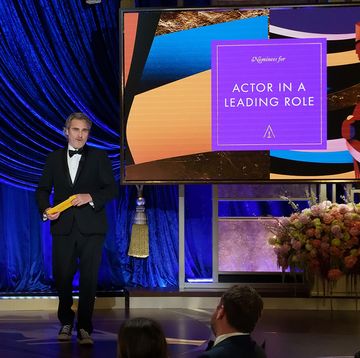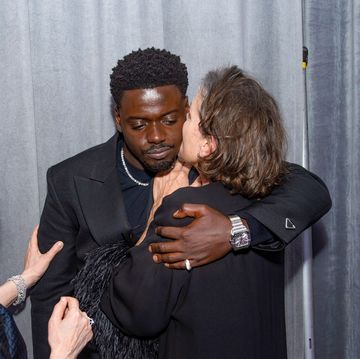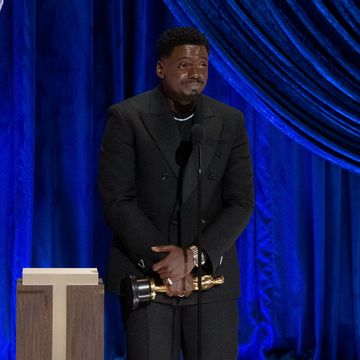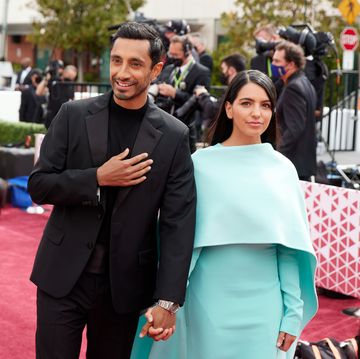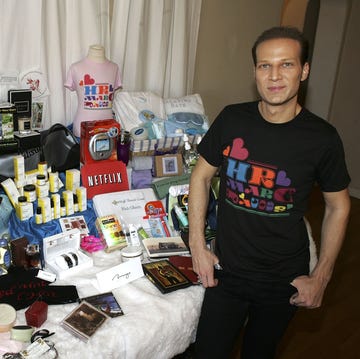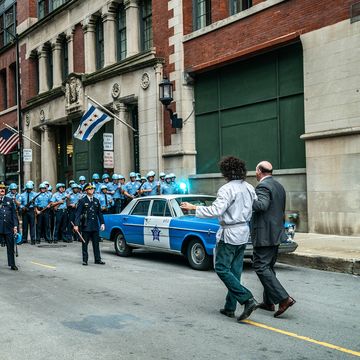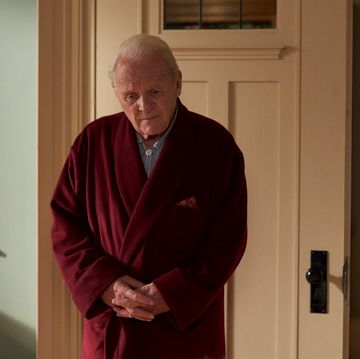Promising Young Woman begins with a sleight of hand. We watch Cassie (Carey Mulligan) taken home by a 'nice guy' who wanted to make sure she was safe after spotting her slumped and alone in a club. After he has pushed and pushed her until finally he gets her on her back, she instantly snaps back to being sober. Gotcha!
The trick which Cassie plays with men – revenge, we later discover, on behalf of her friend Nina who was sexually assaulted – tells you who so many men are when they think nobody is watching. This bait and switch not only inspires anger at the men for what they were trying to get away with, but also at the woman who exposed something they hoped was carefully hidden.
Yesterday saw the announcement that Promising Young Woman had earned five Oscar nominations, including for the best picture prize and Fennell making history as one of the two women in the directing category. Its recognition suggests an intention to take both female stories and female anger over sexual assault seriously, still it seems unlikely the story will be heard as a howl of rage in the way Todd Phillips's Joker was carefully listened to. Both films are origin stories, showing us an isolated figure and then tracing how they went down such a dark path. There's even a direct visual reminder of Joker in the nurse costume Cassie wears when she heads to a bachelor party to enact her final revenge; a tattoo gun packed as her weapon of choice.
Yet what makes Cassie a more interesting figure than the Joker is Fennell's reluctance to have her carry out the actual violence herself. In seeking justice for her friend Cassie ticks off a revenge list reminiscent of The Bride in Kill Bill, only to have her enlist men's help to carry out the deeds, handing over money and giving them the go-ahead.
The greatest crime Cassie seems guilty of is revealing men's true intentions when they think nobody is watching, a trick which inspires so much rage in the 'good guys' she crosses that it's easy to confuse her with a villain. To see how much Hollywood enjoys stories of women outsmarting men, look no further than Lorene Scafaria's Hustlers, the true story of strippers who conned the awful men of Wall Street after the 2008 financial crash. The 2019 film and its cast were all snubbed at the Oscars despite the huge financial and critical success the film earned, and its bringing to life of a true story – something The Academy can usually never resist. Hustlers voiced the frustration of women who decided to fight back against a game that kept playing them, but the rallying cry of these women wasn't dismissed as female fluff.
In Kathryn Bigelow's The Hurt Locker – the only film for which a female director has won an Academy Award – and Lynne Ramsay's You Were Never Really Here – a superior predecessor to Joker – male-dominated scenes of war and violence are front and centre, lending the female-directed films a sense of weight and seriousness which the Academy has long viewed as worth taking seriously. The most interesting outlier is perhaps Patty Jenkins's Monster, the film for which Charlize Theron won an Oscar for her portrayal of Aileen Wuornos, the serial killer who murdered seven men.
Violence is less overt in Fennel's story, sidestepping gruesome torture as a form of revenge, with Cassie instead only wanting to brand her friend's rapist with his crime as a warning to other women. It is telling that the most uncomfortable violence in the film is the recorded scene of Nina's rape which we hear but do not see, instead watching Cassie's face as she looks on in horror. In this sense it diverges from rape revenge stories like Coralie Fargeat's bloody thriller Revenge or The Nightingale, the gruesome story from The Babadook director Jennifer Kent.
Cassie is Mulligan playing against type, in a role which has made some uncomfortable, with one critic even suggesting her "pickup-bait gear" looked like "bad drag" in a life imitating art news story. The film is not without its flaws, often feeling overly stylised and the aforementioned avoidance of a sucker punch has seen many criticise it as backing away from delivering the point it is trying to make. Yet for all of the criticism Joker came under, it was widely agreed that Phoenix had skilfully captured the anger of the isolated male. What does it say that Mulligan's Cassie has been critiqued as caricature for expressing the same rage?
This year is a strong category for best actress, with Vanessa Kirby's physical performance in Pieces of a Woman, Viola Davis's bewitching turn as Ma Rainey, Frances McDormand's haunting Nomadland character, and Andra Day's breakout role in The United States vs. Billie Holiday all to contend with. Yet there is the creeping feeling that Mulligan's performance is not the kind of female lead the Academy are comfortable with, no matter who she is up against. That's not because it's a comic book-esque genre film rather than a weighty cinematic drama, or they wouldn't have a leg to stand on with Phoenix's Joker.
Promising Young Woman emits a howl of rage, one that has been ringing like white noise for so long without being heard. The trick it performs is one we don't see coming, because it's one cinema so rarely pulls: giving a woman the last word.

